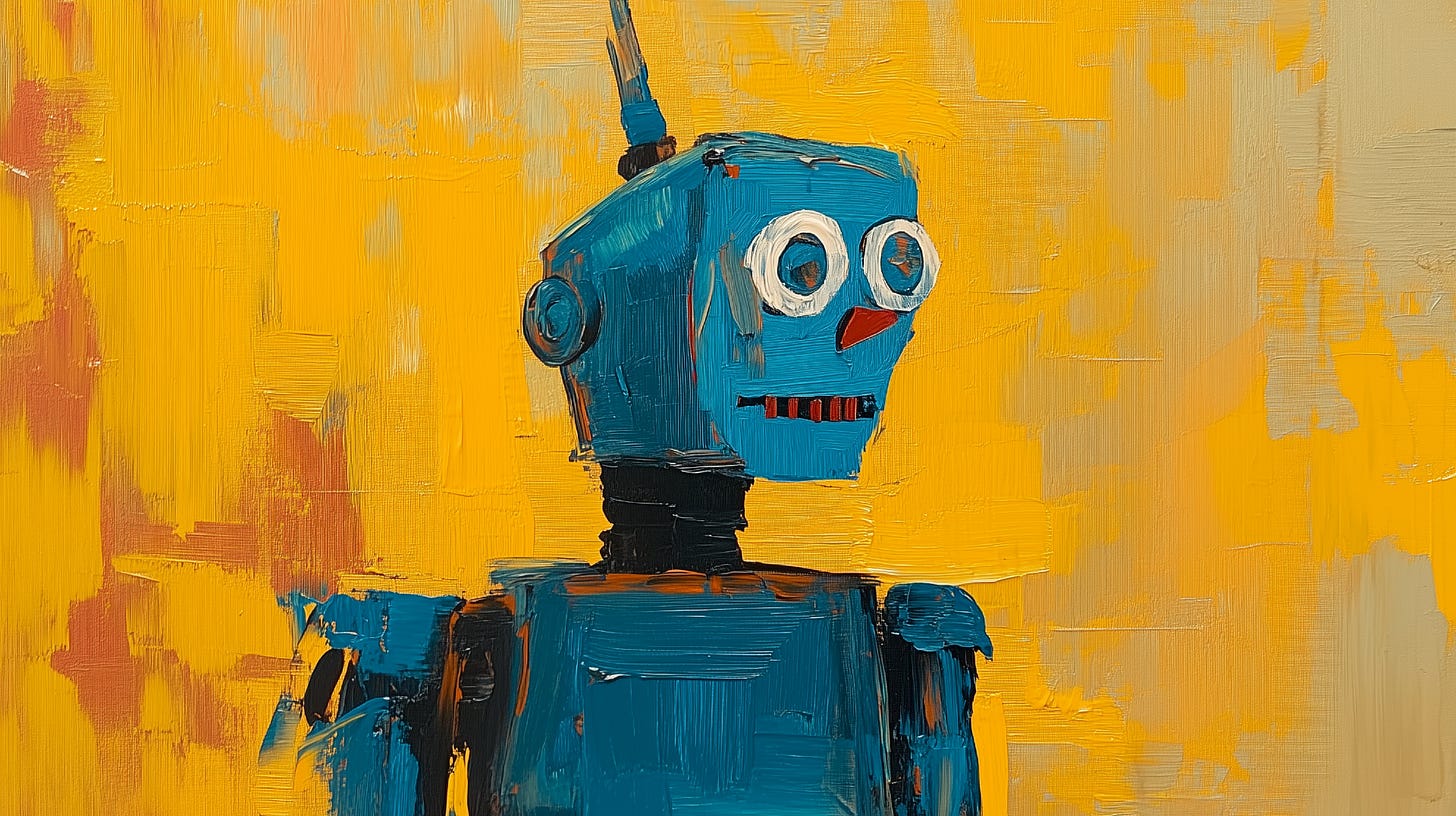Hey, folks! What do tinny Zoom audio, ancient female scribes, and 303 hidden Nazca Lines have in common? They all made it into my newsletter!
Here’s today’s selection:
People judge others not just by what they say, but by how their voice sounds — even on Zoom. In a study, speakers with “tinny” audio, like from a bad mic, were seen as less intelligent, credible, and likeable, even though their words were identical.
Iyad ag Ghali once wrote lyrics and jammed with Tinariwen, a Tuareg blues-rock band from northern Mali that went on to win a Grammy and play alongside Shakira and Alicia Keys. He later banned music across a vast region of West Africa, led an al-Qaeda offshoot, and ordered attacks on his former bandmates.
Between 1975 and 2013, most peace talks were held in Geneva and Nairobi, followed by Moscow, Paris, New York, and New Delhi.
From 1928 to 1948, town planning was an Olympic event. In 1932, British architect John Hughes won gold for designing a sports and recreation centre in Liverpool.
People who believe in conspiracies are most likely to hold a mix of political views: they support left-wing economic ideas like wealth redistribution but are culturally conservative, often opposing immigration or liberal social changes. This group tends to feel that society was better in the past, before modernisation and globalisation took over.
The UN puts the global population at 8.2 billion, but new research suggests it may be significantly higher due to undercounts in rural areas, though other scientists argue any error is likely small.
The Phlegraean Fields near Naples saw a record 6,740 earthquakes in 2024, with tremors continuing into 2025. This densely populated supervolcano — home to over 600,000 people — erupts roughly every 50,000 years and poses a major risk.
In 2024, an AI model uncovered 303 previously unknown Nazca Lines in Peru.
A study of Army cadets found that the best predictor of leadership was the ability to think about problems from a future or past point of view—a skill called temporal self-distancing. This long-term perspective mattered more than grit, self-control, or emotional suppression.
Between 2003 and 2023, the gender gap in housework narrowed: from women doing 1.8 times more than men to 1.6 times more. The biggest drop was in cleaning and laundry, where the gap fell by 40 per cent.
Burnout may cost U.S. companies $4,000 to $21,000 per employee each year. For a 1,000-person company, that’s about $5 million in annual losses.
Researchers found that only 1.1% of handwritten manuscripts from 800 to 1626 CE can be confidently identified as the work of female scribes.
A study of 32 million tweets from over 8,000 politicians in 26 countries found that far-right populists share fake news on social media far more than mainstream or far-left figures. Far-right ideology was the strongest predictor of misinformation.
What I’ve been reading
HTML as actually a programming language: “HTML is somehow simultaneously paper and the printing press for the electronic age. It’s both how we write and what we read. It’s the most democratic computer language and the most global. It’s the medium we use to connect with each other and publish to the world. It makes perfect sense that it was developed to serve as a library — an archive, a directory, a set of connections — for all digital knowledge.”
What Britons and Europeans really think about immigration: “Compared to 20 years ago, more Europeans feel immigration makes their country a better place to live. Positive attitudes have particularly increased in Ireland, the UK, Norway, Spain, the Netherlands, Belgium and Switzerland. Similar positive trends emerge when the public is asked about the economic and cultural impacts of immigration.”
An exhibition dedicated to repressed and murdered Ukrainian scientists: “The exhibition shares the stories of 10 scientists whose work was abruptly cut short. Their portraits, created by Niklas Elmehed, the official artist of the Nobel Prize, could have been celebrated under different circumstances.”
That’s it for today! Thanks for reading! If you enjoy the newsletter, share it with a friend — or a dozen. And if you really enjoyed it, consider upgrading to a paid subscription: it helps support my work and means a lot.
Elia Kabanov is a science writer covering the past, present and future of technology (@metkere)
Illustration: Elia Kabanov feat. MidJourney.


